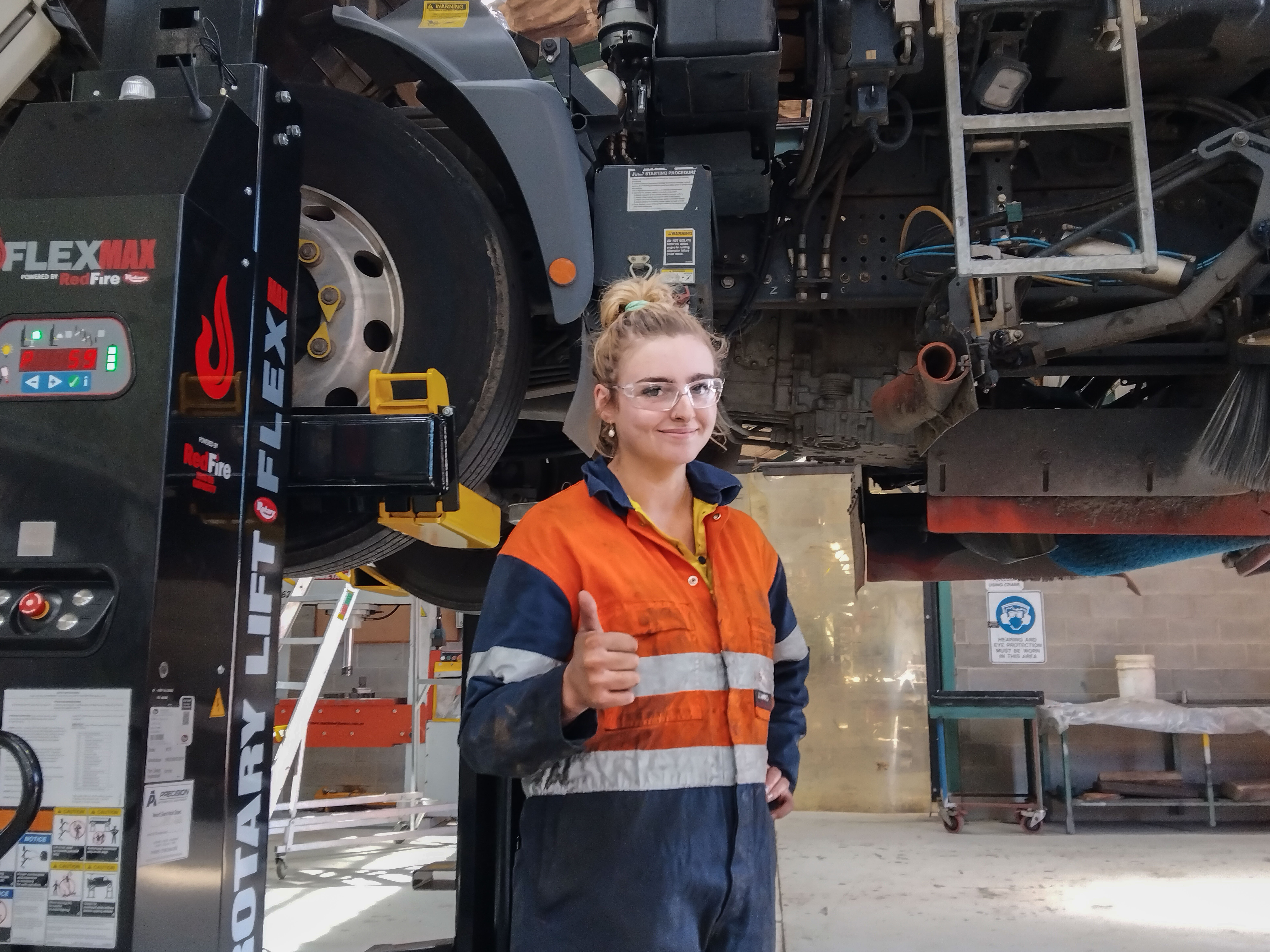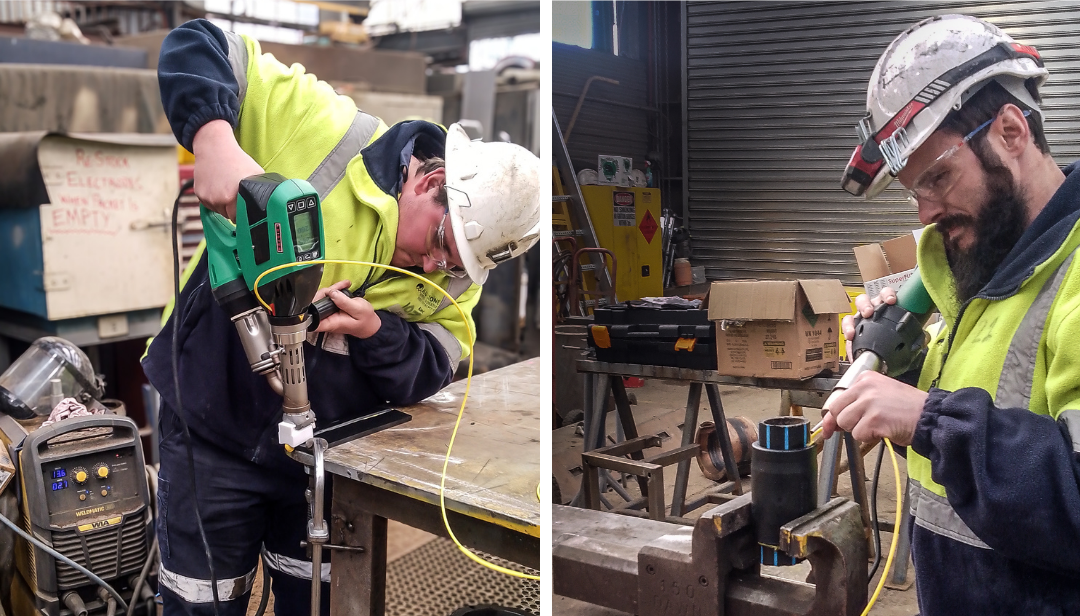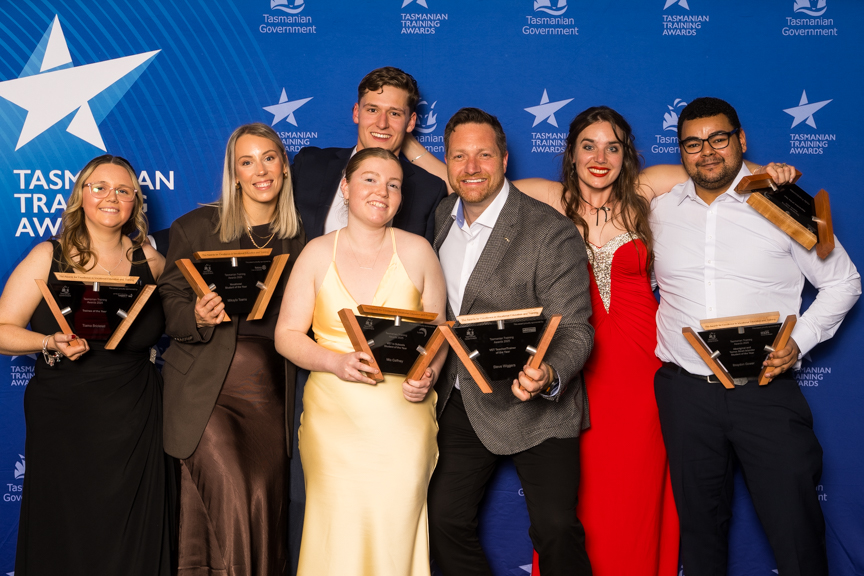TasTAFE students join forces with Derwent Estuary and Derwent Catchment programs to enhance water quality
Published on: 25 Jun 2024
TasTAFE Certificate III in Conservation and Ecosystem Management (CEM) students are learning in an immersive, real-world training environment – thanks to a partnership with the Derwent Estuary Program and Derwent Catchment Project.
This vital collaboration aligns the operational needs of monitoring the Derwent Estuary with the practical training requirements for TasTAFE's conservation students. Through this partnership, students receive on-site training and assessment while contributing to meaningful conservation projects in the Derwent region.
TasTAFE CEM teacher Dr James Black said, “These partnerships help TasTAFE stay at the forefront of training the conservation managers of the future. By getting industry involvement in the training process, we ensure that the sector gets a quality, job-ready candidate.”
Ursula Taylor, CEO of the Derwent Estuary Program, agrees.
“Water quality monitoring in the Jordan River by TasTAFE students is a win-win situation. Students will actively contribute to the conservation of the Derwent and learn valuable skills in the process. The samples they collect will add greatly to our long-term water quality dataset, as well as our understanding of pollution in waterways,” Taylor said.
One standout feature of this partnership is the structured, nationally recognised unit of competency focused on water sampling techniques. This unique course, exclusive to Tasmania, provides students with a comprehensive learning experience, covering theoretical knowledge of water quality and ecosystem health, alongside practical skills in data collection and analysis. Such hands-on involvement not only enriches their educational journey, but also equips them with valuable skills that are highly sought-after in the conservation sector.
Dr Black underscores the value students gain from firsthand experience in managing and safeguarding aquatic ecosystems themselves. Their overwhelmingly positive feedback highlights the significance of applying classroom knowledge to real-world conservation scenarios, enhancing both their understanding and employability in the field.
Morgan McPherson from the Derwent Catchment Project said, “Collaborating with TasTAFE and the Certificate III students on the Sorell Creek Flood Mitigation Project presents significant real-world learning prospects for the students, in line with the Derwent Catchment Project's mission to train future restoration professionals.”
“The Derwent Catchment Project and Derwent Valley Council are enthusiastic about providing a platform for students to enhance their skills whilst gaining valuable insights from their water quality testing program,” McPherson said.




